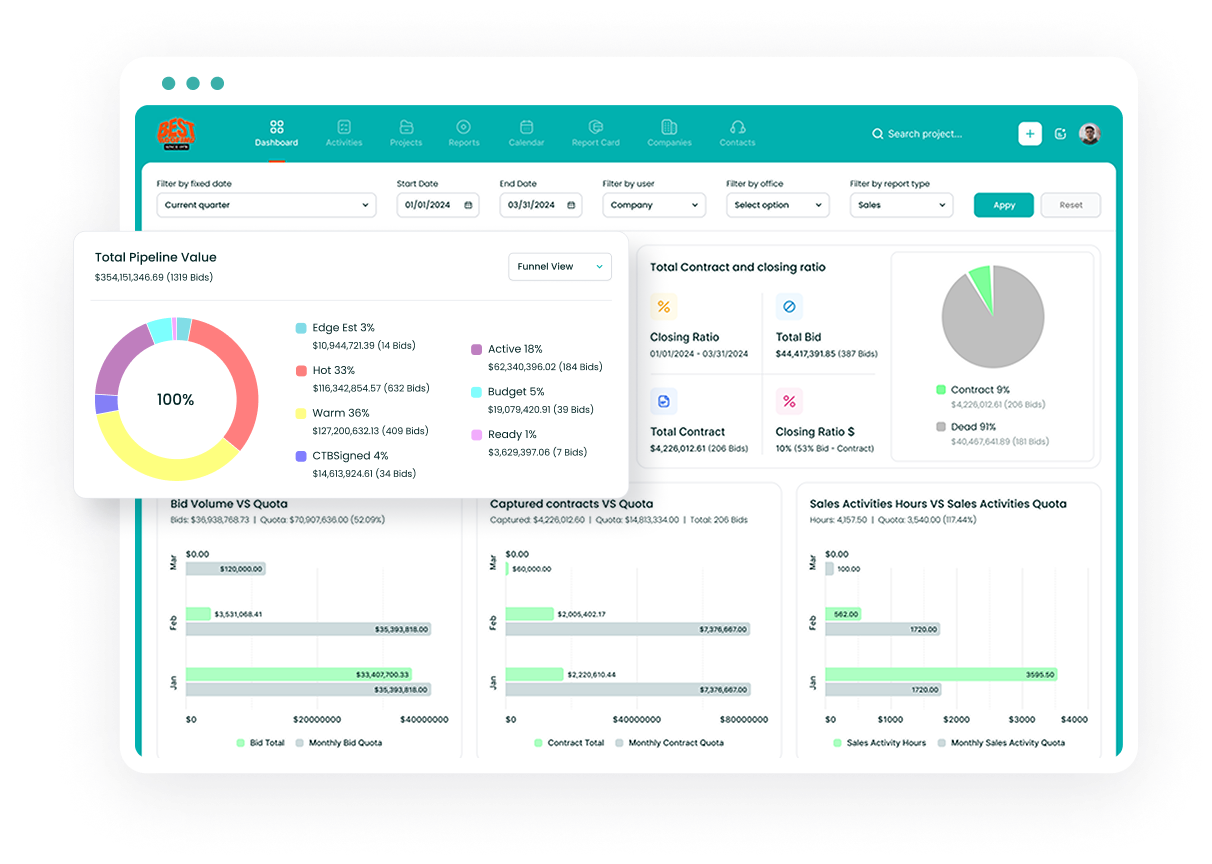Understanding Invoice Voiding Basics
Before initiating the void process, it's essential to understand that voiding an invoice removes its values while maintaining the document in your accounts for sequential numbering and future reference. This approach ensures proper audit trails and maintains the integrity of your accounting records.
Prerequisites and Access Requirements
Access Permissions Full access to the Expenses module is mandatory for voiding saved invoices. Users with restricted access can only modify or delete draft invoices. Ensure you have the necessary permissions before attempting to void any AP invoice.
Invoice Status Considerations The ability to void an invoice depends on several factors:
- Draft invoices can be deleted directly
- Unpaid invoices can be voided
- Paid invoices require additional steps before voiding
- Reconciled invoices follow a different process
Step-by-Step Voiding Process
For Unpaid Invoices
- Navigate to the Expenses section
- Locate the specific invoice you need to void
- Select the checkbox next to the target invoice
- Click the Delete option
- Provide a reason for voiding the invoice
For Invoices Paid with Credit Notes
When dealing with invoices paid using credit notes, you must first remove the vendor allocation transaction:
- Access the vendor contact record
- Navigate to the appropriate tab
- Locate and select the vendor allocation transaction
- Uncheck the boxes for both the invoice and credit note
Special Considerations
Payment Allocations If the invoice has multiple payment allocations, you can selectively unallocate specific amounts while keeping others intact. This flexibility allows for precise control over the voiding process.
Credit Note Adjustments When working with credit notes that cover multiple invoices, you'll need to:
- Select the credit note
- Modify the payment amount
- Save the changes before proceeding with the void process
Best Practices
Documentation Maintain detailed records of:
- Reasons for voiding invoices
- Related correspondence
- Approval documentation
- Audit trail information
Timing Considerations Schedule voiding operations during off-peak hours to minimize disruption to other accounting processes and ensure system responsiveness.
Impact on Financial Records
Ledger Effects Voiding an invoice affects multiple aspects of your financial records:
- Removes values from accounts
- Maintains invoice numbers for sequential tracking
- Preserves transaction history for audit purposes
Reporting Implications Understanding how voided invoices impact various financial reports is crucial:
- Period-end statements
- Tax reporting
- Vendor payment history
- Audit trails
Troubleshooting Common Issues
System Access Problems If you encounter access issues:
- Verify user permissions
- Ensure proper module licensing
- Check system status
Transaction Locks When invoices are locked:
- Check for open sessions
- Verify user access
- Clear any system locks if necessary
Alternative Approaches
Draft Invoice Handling For draft invoices, deletion is often more appropriate than voiding:
- Navigate to the invoice list
- Select the draft invoice
- Use the delete function
- Confirm the deletion[2]
Security and Compliance
Audit Requirements Maintain compliance by:
- Documenting void reasons
- Securing appropriate approvals
- Maintaining electronic records
- Following retention policies
Internal Controls Implement strong controls:
- Segregation of duties
- Approval workflows
- Regular reconciliation
- System access reviews
System Maintenance
Regular Updates Keep your Sage 300 system current:
- Install software updates
- Apply security patches
- Update user permissions
- Review system settings
Data Backup Before voiding significant invoices:
- Verify backup systems
- Create additional backups
- Test restoration procedures
Advanced Features
Batch Processing For multiple invoices:
- Group similar transactions
- Process in controlled batches
- Verify results thoroughly
Integration Considerations When using integrated systems:
- Verify synchronization
- Check related modules
- Confirm data consistency
Future Considerations
System Upgrades Stay informed about:
- New features
- Process improvements
- Security enhancements
- Compliance updates
Process Optimization Regularly review and optimize:
- Workflow efficiency
- User training
- Documentation
- Control procedures
Conclusion
Voiding AP invoices in Sage 300 requires careful attention to detail and understanding of the system's functionality. By following these comprehensive guidelines and maintaining proper controls, organizations can effectively manage their AP invoice voiding process while maintaining accurate financial records and strong audit trails.
Remember that the voiding process impacts multiple aspects of your financial system, and proper documentation and approval procedures are essential for maintaining accurate records and meeting compliance requirements. Regular review and updates of your voiding procedures will ensure continued efficiency and accuracy in your accounting operations.
Sources: https://help.sbc.sage.com/en-us/accounting/invoicing/extra-edit-or-void-a-sales-invoice.html https://help.sbc.sage.com/en-us/accounting/invoicing/extra-edit-or-void-a-purchase-invoice.html

